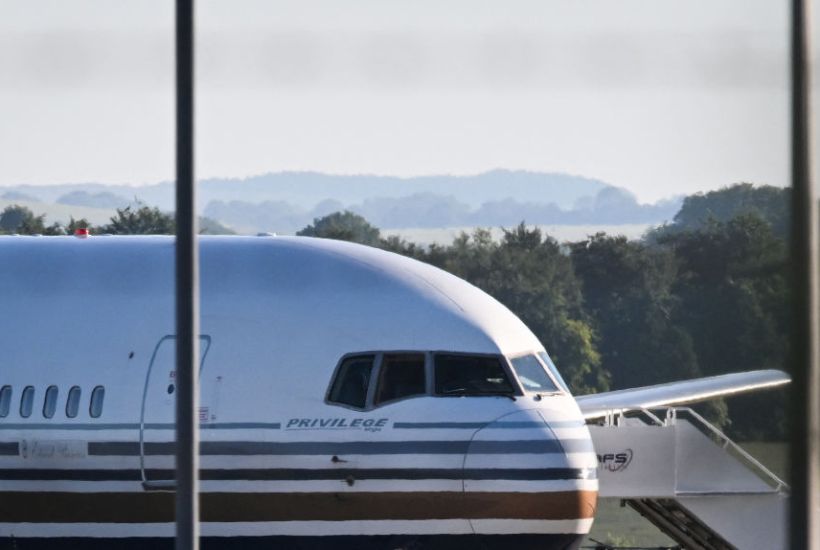When Boris Johnson and Priti Patel first launched the Rwanda scheme, in the Spring of 2022, there seemed every chance that it could win the Tories the next election.
Despite the ‘Partygate’ furore taking chunks out of the Conservative poll rating and ushering in a febrile atmosphere, Labour was struggling to create a large and durable poll lead.
Already a subscriber? Log in
Subscribe for just $2 a week
Try a month of The Spectator Australia absolutely free and without commitment. Not only that but – if you choose to continue – you’ll pay just $2 a week for your first year.
- Unlimited access to spectator.com.au and app
- The weekly edition on the Spectator Australia app
- Spectator podcasts and newsletters
- Full access to spectator.co.uk
Or




















Comments
Don't miss out
Join the conversation with other Spectator Australia readers. Subscribe to leave a comment.
SUBSCRIBEAlready a subscriber? Log in